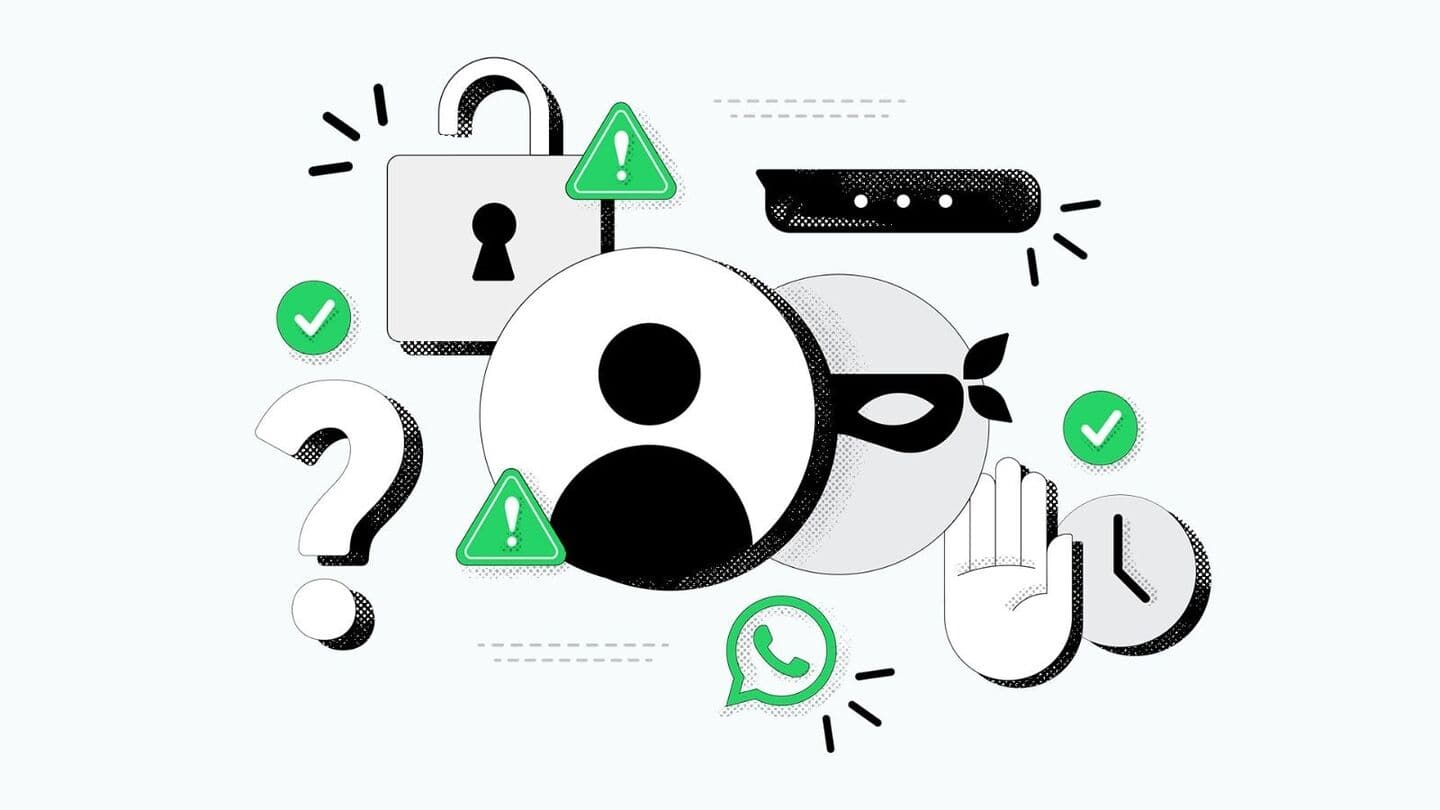
WhatsApp bans over 6.8M accounts in latest crackdown on scams
What's the story
WhatsApp has removed over 6.8 million accounts associated with global scam operations in the first half of 2025, Meta, the parent company of WhatsApp, has announced. Many of these accounts were linked to organized crime syndicates based in Southeast Asia that often used forced labor for their activities. The announcement comes as WhatsApp introduces new anti-scam measures to warn users about potential fraudulent activity.
Scam prevention
Meta's proactive approach to combating scams
Meta has revealed that WhatsApp "proactively detected and took down accounts before scam centers were able to operationalize them." The company is now focusing on an increasingly popular tactic where criminals hijack WhatsApp accounts or add users to group chats promoting fake investment schemes and other scams. This is part of a larger effort by Meta to protect users from falling prey to these fraudulent activities.
Scam disruption
Collaboration with OpenAI and ChatGPT developer on Cambodian scam bust
In one instance, WhatsApp teamed up with ChatGPT-developer OpenAI to disrupt scams linked to a Cambodian criminal group. The group offered money for likes on social media posts as part of a fake rent-a-scooter pyramid scheme. Scammers had used ChatGPT to create the instructions issued to potential victims, highlighting the sophisticated methods employed by these fraudsters.
Scam tactics
Scammers exploit financial stress, Meta warns
Meta has also highlighted that scammers often exploit people's financial stress with "too-good-to-be-true" deals. These scams usually end up stealing money or personal data from unsuspecting victims. The company said, "We don't just react to reported scams—we're now proactively detecting and removing accounts before they become active." This proactive approach is part of WhatsApp's strategy to combat online fraud effectively.
Feature rollout
New features to help users make safer decisions
To stay ahead of scam tactics, WhatsApp is rolling out new features. One tool gives users a clear safety overview when they're added to a group by someone outside their contacts. Another update warns users when they start chatting with someone not in their contact list, showing more information about who they might be messaging. These updates are aimed at helping users make safer decisions while using the app.